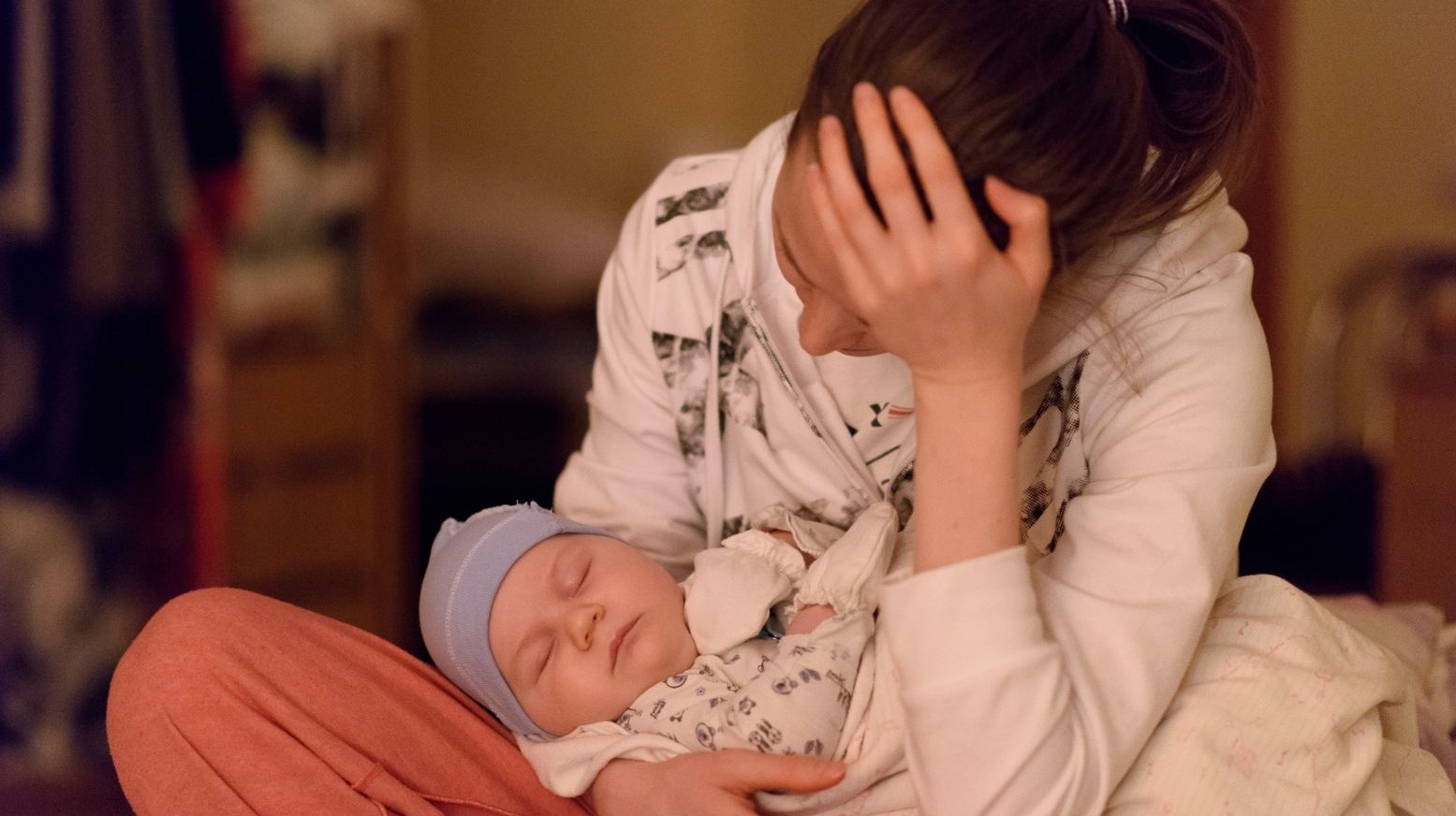By Joy Veroti
Becoming a new parent can bring immense joy and unexpected mental-health challenges. Anxiety, depression, and isolation often emerge during pregnancy and in the first year after birth. In Queensland, one in five new mothers reports distress in the first two years postpartum. Recognizing the gap between need and access, both government and researchers are rolling out initiatives to create a more supportive system.
Expanding Inpatient Mother–Baby Units
Queensland recently pledged A$30 million to increase its publicly funded perinatal mental-health beds from 12 to 42 by 2026. Under this plan, six new hubs, Townsville, Cairns, Logan, Sunshine Coast, Ipswich and South Brisbane will offer mother–baby units where women can stay with their newborns while receiving mental-health care. The Sunshine Coast University Hospital will gain eight new beds mid-2024. These units are for women experiencing severe conditions like postnatal depression, anxiety or psychosis. Services include care from midwives, mental-health nurses, dietitians, social workers and psychiatrists beginning in late pregnancy and continuing through the baby’s first year.
This expansion addresses tragic shortfalls: a 2021 coroner’s review linked a mother’s suicide to bed shortages only 12 units were available statewide, far from recommended levels. The government increased availability to 38 beds already, with more planned. Although one tender for Townsville was canceled, officials affirmed the overall goal remains and beds will be delivered on time.
Preventing Tragedy Through Access
When mothers lack timely care, consequences can be severe. Beyond suicide, untreated perinatal mental illness affects mother–infant bonding, breastfeeding, child development and relationships. That makes access not a convenience, it’s a necessity. The new hubs promise evidence-based assessments during the antenatal period, regular screening and smooth transitions into inpatient care where needed. These additions directly respond to previously documented regional gaps that heightened risk for vulnerable women.
Building Community-Based Support
In parallel, A$20 million is funding perinatal specialists across Queensland and strengthening peer support tools. Community services such as PANDA and Peach Tree now play larger roles, offering home visits, phone and online counselling, group therapy and education. These services supplement medical care and reduce isolation. Evidence shows peer-led networks help mothers feel understood and reduce stigma and they fill urgent gaps before crises emerge.
Embracing Digital & Chatbot Solutions
AI-based support tools have become part of the conversation. A 2023 pilot, developed with Postpartum Support International, created three chatbots for postpartum care. A rules-based model outperformed generative AI in empathy and user satisfaction. Chatbots offer private, 24/7 emotional support. A broader review found they can reduce depression and anxiety symptoms and facilitate therapeutic conversations. Still, experts caution: bots aren’t a substitute for clinical care. They lack nuance and might misinterpret severe needs so many include protocols to refer users to emergency help.
Not all chatbots are equal. A companion study introduced MOMCare, an advanced postpartum-depression chatbot using retrieval-augmented generation built on ChatGPT 4.0. Designed to identify risk and offer empathetic responses, it’s attaining promising early results. Meanwhile, “emotion-aware” bots like EMMA prompt users with mood-lifting interventions based on sensor data. These tools show promise and reinforce the need to regulate data privacy and runtime oversight.
Learning from Global Models
Queensland’s strategy reflects a global movement toward integrated maternal care. The UK plans 1,000 “family hubs” by 2028 centres that combine perinatal mental-health screening, counseling, breastfeeding advice and parenting support. Closer to Australia, the Lavender Mother–Baby Unit at Gold Coast
University Hospital, opened in 2017, offers comprehensive inpatient care where mothers stay with infants under 12 months in a therapeutic setting. Another new facility, Catherine’s House in South Brisbane, adds 10 rooms (eight public), expanding beds for acute postpartum conditions as part of a A$122 million project.
These models prove that combining inpatient care with early-years support fosters maternal and child well-being.
They also show that strategic capital investment supported by tax levies and public funding can sustainably improve mental-health infrastructure. In Queensland alone, surplus mental-health levy funds are being channeled into satellite hospitals, unit expansions and community programs.
Why Readers Should Care
- Early detection saves lives: extra beds and community support reduce the risk of tragedy.
- Keeping mother and baby together matters: co-admission boosts bonding and breastfeeding.
- Support doesn’t have to be clinical: chatbots and peer groups offer additional, accessible help.
- Models exist and work: Australian and UK examples offer proven blueprints.
- This affects us all: every family has a stake in maternal mental health.
Your Role: Detection, Dialogue, Demand
If you’re expecting or supporting someone who is, look out for signs like prolonged sadness, anxiety, emotional withdrawal. Encourage screening during pregnancy and the first year postpartum. Know what’s available: in Queensland, mothers can access specialist beds, community support and peer-led groups. Reach out, even a local maternal-health hotline can make a difference.
Advocate publicly for mental-health funding and infrastructure in your region. When governments talk about health budgets or mental-health levies, ask how perinatal services are prioritized. Sharing information helps reduce stigma and encourages those who need help to take action.
Queensland’s investment, adding beds, bolstering community care and piloting AI shows a new model of postpartum support. It’s not just about surviving but thriving. As systems improve, expecting and new parents can find help that preserves their mental health and nurtures the mother–infant bond. For every reader, informed care during this life-changing period isn’t just possible, it’s essential.







